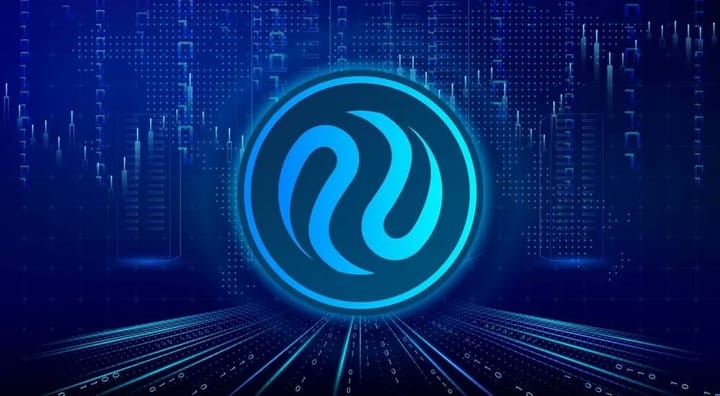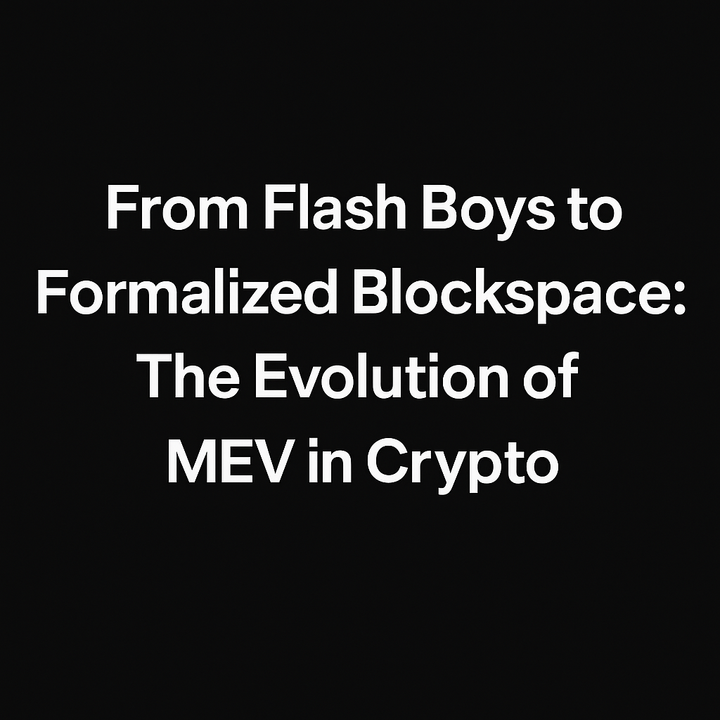The Golden Handshake or a Golden Cage? Trump-Linked World Liberty's $1.5 Billion Crypto Ambition
In the world of digital assets, where innovation collides with political influence, a new financial behemoth is attempting to rise. What happens when the decentralized ethos of cryptocurrency meets the centralized power of a former (and potentially future) U.S. President? Can a venture so deeply intertwined with a political dynasty truly embody the "liberty" it proclaims, or does it merely represent a new frontier for traditional power dynamics to assert control over a burgeoning financial landscape?
Introduction: The Unprecedented Convergence of Politics and Crypto Capital
The digital asset space has rapidly evolved into a significant arena for mainstream finance and, increasingly, political influence. This evolution culminates in World Liberty Financial, a crypto venture with direct ties to the family of former U.S. President Donald Trump, reportedly seeking a staggering $1.5 billion in fundraising. The ambitious goal is to establish a publicly traded company specifically designed to hold its native WLFI tokens.
This move is not merely a financial maneuver; it represents a profound convergence of political power, traditional capital markets, and the decentralized ethos of cryptocurrency. How will this unique blend of forces shape the future of digital finance? What are the inherent risks and opportunities when a venture of this magnitude, with such prominent political backing, steps onto the public stage?
This article delves into World Liberty Financial's audacious plan, examining its structure, its controversial ties to the Trump family, its strategic investment approach, and the broader implications for both the crypto market and the intersection of private enterprise and government policy.
World Liberty Financial: Ambition and Offerings
Founded in 2024,(https://en.wikipedia.org/wiki/World_Liberty_Financial) positions itself as a decentralized finance (DeFi) protocol and cryptocurrency company, notably due to its direct connection with Donald Trump and his family.
The $1.5 Billion Vision and Core Assets
The venture's primary objective is to raise $1.5 billion to establish a public company that will serve as a holding entity for its native WLFI tokens. This structure aligns with the growing trend of "digital asset treasury companies" like MicroStrategy, which accumulate significant cryptocurrency reserves.
World Liberty Financial's initial offerings include its cryptocurrency, the(https://www.bitget.com/news/detail/12560604903992), initially a non-transferable governance token, now exploring tradability after a token holder vote. Complementing this is(https://www.theblock.co/post/365941/trump-world-liberty-financial-usd1-stablecoin-points-program), a dollar-pegged stablecoin reportedly backed by U.S. treasuries and cash equivalents, which quickly reached a circulation of $2.1 billion by April 2025.
Strategic Investments and Portfolio
Beyond holding its own WLFI tokens, World Liberty Financial has actively accumulated a diverse portfolio of other crypto assets. According to Arkham data, the firm holds approximately $55 million worth of Ethereum (some staked), $19 million in wrapped bitcoin tokens, and nearly(https://www.theblock.co/post/366231/trump-affiliated-world-liberty-financial-seeking-1-5-billion-for-wlfi-treasury-company-reports), alongside other assets like EOS, Mantle, and Ondo.
The $1.5 billion capital is intended for strategic investments in promising crypto projects, enhancing liquidity, and supporting the broader blockchain ecosystem.
The Trump Nexus: Influence and Controversy
The most distinctive, and often controversial, aspect of World Liberty Financial is its deep and advertised connection to Donald Trump and his family.
Family Involvement and Financial Gains
Donald Trump is listed as "co-founder emeritus" and "chief crypto advocate" for the project. His sons, Eric Trump and Donald Trump Jr., are actively involved as "((https://en.wikipedia.org/wiki/World_Liberty_Financial))" and are slated to serve on the board of the proposed public company. This direct involvement has reportedly yielded significant financial benefits for the Trump family, with Reuters calculating $500 million in earnings since its launch.
A Trump business entity owns 60% of World Liberty and is entitled to 75% of all revenue from coin sales, a structure critics argue is highly centralized for a "decentralized platform."
Allegations of Conflicts of Interest and Quid Pro Quo
The close ties have ignited widespread criticism regarding potential conflicts of interest. The New York Times described the company as "eviscerating the boundary between private enterprise and government policy in a manner without precedent."
Allegations of quid pro quo include Chinese billionaire Justin Sun's reported $75 million investment in World Liberty tokens, followed by the SEC reportedly pausing its fraud investigation into Sun's companies shortly after Trump took office in 2025.
The New York Times further investigated claims that World Liberty Financial allegedly((https://en.wikipedia.org/wiki/World_Liberty_Financial)) through secret payments and currency swaps from foreign investors, companies, and individuals with criminal records. Instances include an investigation reportedly dropped after a multi-million dollar payment to the firm, and Trump granting an official pardon to an investor of a company World Liberty had invested in.
Foreign investments, such as a deal with an Abu Dhabi-state backed company, MGX, to use((https://en.wikipedia.org/wiki/World_Liberty_Financial)) for a Binance deal, have also drawn ethical scrutiny.
Regulatory Scrutiny and Policy Shifts
The political affiliations have led to intensified regulatory scrutiny. Critics argue that actions by the Trump administration, such as endorsing the "GENIUS Act" stablecoin legislation and positioning America as the "crypto capital of the world," directly bolster the company's assets.
Despite these concerns, the Trump administration has actively positioned itself as crypto-friendly, appointing pro-crypto officials and reportedly easing regulatory scrutiny on crypto firms.
Decentralization Paradox and Ethical Concerns
A fundamental critique is the perceived contradiction of decentralization principles. Critics point to the highly centralized control by the Trump family, with a Trump business entity owning 60% and receiving 75% of token sale revenue, undermining claims of community governance.
The ethical concerns highlighted by The New York Times investigation, including alleged "secret deals, foreign investments, [and] presidential policy changes," further complicate its position.
Market Volatility and Future Outlook
While the $1.5 billion target signals institutional confidence, market participants warn of greater dangers for less liquid tokens like WLFI. The inherent volatility of the crypto market, coupled with the unique political and ethical controversies, could introduce additional risks for WLFI token holders. The success of the public company will depend on its ability to raise capital, manage market sentiment, and ensure sufficient liquidity for its native token once it becomes publicly tradable.
Conclusion: A New Paradigm or a Perilous Precedent?
World Liberty Financial's audacious bid marks an unprecedented chapter in digital assets, embodying the complex forces at play in the decentralized frontier: innovation, financial opportunity, mainstream crypto acceptance, and political influence.
While the initiative could pave the way for further mainstream adoption, it simultaneously raises profound questions about governance, ethics, and the very essence of decentralization. The outcome of this fundraising effort and the subsequent performance of the public company will undoubtedly be closely watched. Will World Liberty Financial establish a new, legitimate paradigm for politically-linked crypto ventures, or will its journey serve as a cautionary tale of the perils that arise when private profit and public policy become inextricably linked? The answer will not only shape the trajectory of this unique firm but also contribute significantly to the ongoing narrative of cryptocurrency's place in the global financial and political order.
Mitosis References
🔗Links:



Comments ()